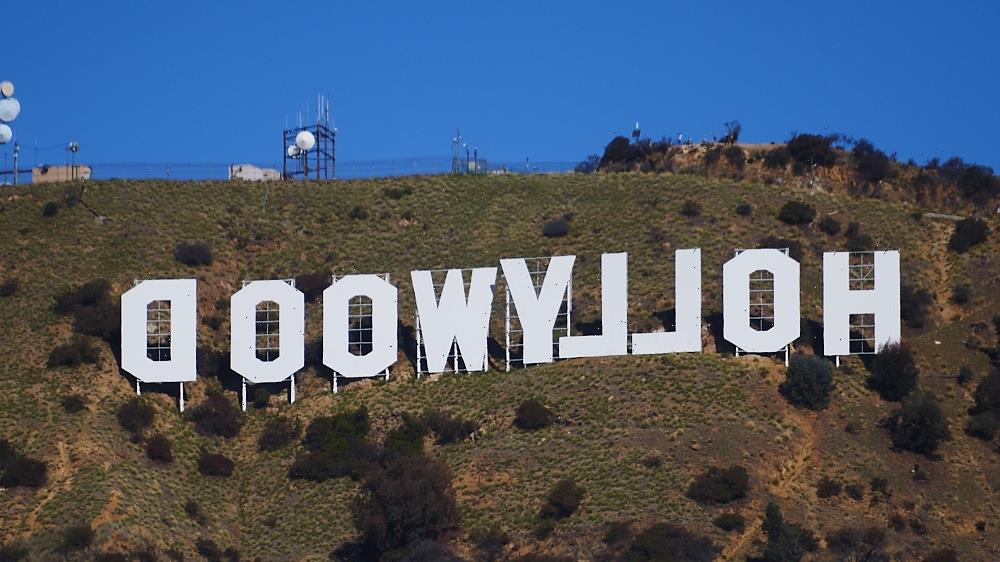For too long, oppressive studio contracts forcing exclusivity have prevented series regular actors from being able to earn a consistent living, especially during extended periods when a show is on hiatus.
They’re not being paid while on hold between seasons, but they’re also not allowed to accept other paying jobs. These contracts mean that actors often find themselves collecting unemployment, struggling to pay their bills and unable to build a career. Performers from underrepresented groups who already have fewer opportunities available to them, and often lower episodic rates, are hardest hit by these practices.
How can California — a state that so often champions the rights of workers — allow such a system to continue? The rules that allow for exclusivity were negotiated in the bygone, Big Three network era of television when a series had 22 to 26 episodes per season, and seasons were produced on an annual calendar. Under this old model, series regular actors were busy working almost the entire year, with long production periods and short hiatuses that made their employment similar to other full-time jobs. That world has long since changed. Now a season of a television series rarely contains more than 10 episodes and it is many months, or even years, of unpaid hold time before a next season goes into production.
Rather than adapt to the changing model ushered in by streaming, and allowing series actors to work and earn a living during these long production breaks, studios have chosen to continue demanding draconian forms of exclusivity. By forcing actors to remain idle and unable to practice their craft, they are losing opportunities and stalling momentum needed to drive their careers forward.

SAG-AFTRA, the union that represents these actors, has attempted to revise these outdated exclusivity rules in collective bargaining for well over a decade now. The studios have adamantly refused. Left with no other choice, we turned to the California legislature for help.
The LAW Act, AB 437, began its journey in Sacramento over 20 months ago, and as the bill made its way through the Assembly and on to the Senate, new versions were created that directly considered the needs of studios and streamers. This effort is the result of extensive discussions with those employers, and the bill now being considered in the Senate is narrowly tailored to right the forced unemployment wrong.
But now, ignoring the hard work done over nearly two years to develop this bill, the Motion Picture Association is fighting against it and threatening that it will “disrupt business practices” and “bring [film and TV] to a crashing halt” resulting in the loss of jobs.
Make no mistake, this is the same argument studios have used since the early days of the industry to justify unreasonable, unfair and unconscionable practices. Just as it was untrue in the 1940s, this statement is untrue today.
The MPA, in an op-ed published Aug. 1 in Variety, references the present day as being the “golden age” of film and TV franchises. But just like in the prior “golden age” of motion pictures, these periods have a dark side. Their success is built on the unfair and unacceptable treatment of actors and artists as studios lock performers into multi-year, multi-project agreements that limit their employment and make it impossible for them to escape.
It’s not just the union working to make change. Agents, talent, managers and attorneys have all tried, in vain, to end or limit the use of these exclusive arrangements, but they have only gotten more common. Without clear legislative action, the film and television industries will regress into an imbalance of power not seen for decades. The entire California labor community believes the bill is a necessary minimum standard to ensure balance between industry and workers.
Now, faced with the prospect that the legislature is on the brink of taking action, studios finally — and begrudgingly — agreed to come back to the negotiating table. We have little reason to see this move as anything more than a delay tactic and an effort to try and prove to California’s state senators that there is no need for legislative action. The truth is, that as of today, with the sole exception of Netflix, the studios have yet to agree to right this wrong. We thank Netflix for stepping up and proving these provisions can be addressed in a way that works for both sides.
The idea that the studios will change their practices without legislative intervention is folly, and is summed up simply by the old saying: actions speak louder than words.
The legislature should not be fooled.
Duncan Crabtree-Ireland is national executive director of SAG-AFTRA, which represents more than 160,000 performers in film, TV, broadcast news, commercials, music, video games and other media.
Read More About:
Source: Read Full Article
